Vision Loss
I developed an eye disease many years ago and have been functioning as an active, engaged individual with a visual disability ever since. Today I enjoy adventure travel, outdoor activities and the arts. But it wasn’t easy. Over a period of time, I endured painful laser eye treatments and helplessly watched as my vision decreased week after week. After a long rehabilitation process, I learned to use magnification tools and speech readers to comprehend the print I was reading. I learned how to navigate and manage my daily life without detail vision. The process took a great deal of patience, which was paired with frustration and anger, to get to the place where I am now.
Ophthalmology patients are often scared and feel like they do not know how they are going to make it in a world with limited or no vision. They often feel like the enjoyment of life is over, that they will never work again and will never be able to enjoy the recreational activities they once enjoyed. I work with you to grieve the loss, which often involves anger, sadness and depression. We discuss social reactions that eye patients typically encounter, and discuss how to adapt to your limitations as well as explore new possibilities. Together we learn to define your capabilities and discuss how to integrate into society while developing activities and social outlets that bring enjoyment to your life.
Hearing Loss
I experienced a condition called Sudden Sensorineural Hearing Loss as an adult. This was followed up by a long rehabilitation process which required a great deal of patience and commitment on my part. I now communicate very clearly and effectively with cochlear implants.
Hearing loss is difficult, extremely frustrating and sometimes embarrassing. Patients with hearing loss or deafness can feel isolated and left out of society. It can prevent participating in group settings where the patient with hearing loss just nods in agreement with the conversation even though all the while knowing they missed most of what was being said. This can take quite a toll on your self-esteem to the point where you isolate yourself; in turn, this often leads to depression. Some patients with hearing loss are reluctant to be open or honest about the degree of their disability and may find it embarrassing to acknowledge their condition.
I work with you to grieve the hearing loss which often involves anger and sadness; I also help you to better understand the social implications it has imposed on your life. We work together to learn how to best manage your disability. We also discuss how you can still lead an enjoyable life, interact with others and pursue activities you enjoy.
NOTE: I do not communicate via ASL. Currently I use the CHAT feature with patients that cannot understand me verbally.
